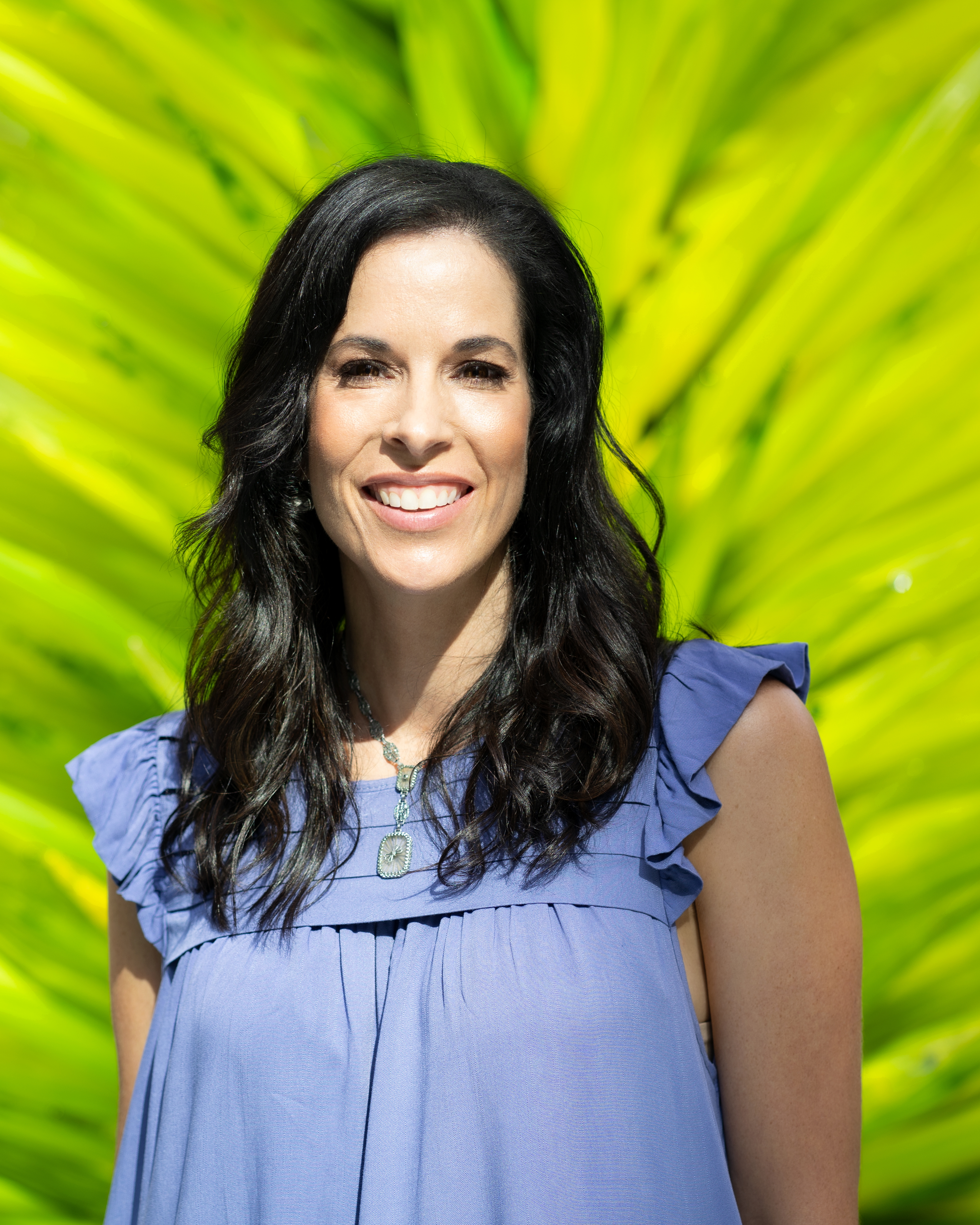It feels like these past few weeks and months have been a big human behavior experiment.
COVID-19 has entered the scene of an ecosystem that is paradoxical.
Humans are capable of solidarity, kindness, wisdom, and resilience. We are also primitive creatures who hoard toilet paper, fight, point fingers, and abandon reason when we’re scared.
This pandemic is a lot to heap onto our long list of pre-existing ills: the tumultuous socio-political climate, tethered-ness to technology, the barrage of “breaking news” alerts, expedience in which we think and make decisions, and how much we rely on being busy and entertained as a form of comfort and identity. To top it off, “social distancing” is the new mandate during an age where they’ve called loneliness “the new smoking.” We weren’t exactly on our best leg when Coronavirus came knocking.
Has the universe put us all on a collective time-out?
Is there an opportunity to take this moment in time as a call to action?
What kind of lessons can be harnessed during what feels like the test of a lifetime?
There are plenty available, according to brain science and ancient spiritual wisdom. We don’t have to stay locked up, marinating in our anxiety for the stretch ahead. There are gifts to receive and share that are desperately needed. We may feel a massive loss of control, but there remain a host of mindsets and behaviors we can draw upon for individual and collective fortitude.
Lesson 1: Intellectual humility is vital. We are not all public health experts. When we are upset, we all want to voice our opinions publicly. Words matter, and we don’t want to be the ones spreading misinformation. We are an evolved civilization with extraordinary advances in science and medicine and access to information. It is incumbent on all of us to take caution in which sources we rely on and how we transmit that information across our spheres of social influence.
Lesson 2: Time-outs are not always punishments. We are creative, innovative, agile creatures. Moments of distress call us to rethink our typical routines and identify new strategies for coping and living. We are capable of identifying novel solutions and pivoting towards them even when our rhythms and sense of security have been significantly disrupted. This pause might prove to be a return to creativity for many who might find it has been squeezed out during typical routines.
Lesson 3: We are more resilient than we realize. Humans are wired for resilience. Resilience is a process of positive adaptation in the face of adversity. Protective factors include relationships, humor, artistic expression, faith, and living out our passion and purpose. Resilience can increase even during difficult times when we focus on activities that help to cultivate it. Join forces with people who co-nurture and provide reciprocal support.
Lesson 4: Kindness is contagious. While fear and illness itself can be contagious, so are acts of love and kindness. When we focus energy on helping those who are most vulnerable in times of crisis, the positive effects spread and strengthen our collective well-being.
Lesson 5: Challenges help us discover our strengths and resources. While none of us are likely to want to invite distressing circumstances, it can help us see that we have a host of internal and external resources to harness. Internal resources include things strong analytical and problem-solving abilities. External resources include people and places that provide solace and grounding.article continues after advertisement
Lesson 6: The basics are not basic. The elements of air, water, earth, and fire are unparalleled. Soak them in. Appreciate their recalibrating effects. Take the time to absorb them into your consciousness.
Spend time appreciating nature and get outside as much as is safe and possible. Watch sunrises and sunsets from your window. Find ways to take in the elements.
Lesson 7: There are no wrong emotions. We can learn to regulate our responses to stress and wield our resilience, but it doesn’t happen in three easy steps. Pandemics can evoke powerful emotions, including fear, anxiety, shock, and panic.
Our emotions are likely to vacillate—we can feel like we are coping relatively well one moment, only to be overwhelmed the next. Don’t stress about being stressed. This is human. Take time to name what is happening and consider what resources you can access to help you.
Lesson 8: Self-care is essential all the time. Crises can show us that we were previously running on fumes. This is a moment to discover the activities and mindsets that best help us recalibrate.
There’s no health without mental health. While there is no one-size-fits-all formula for self-care, research shows that proper sleep, nutrition, hydration, and exercise can go a long way towards boosting our mental reserves for everyday stress and in times of crisis.
Lesson 9: Mindfulness helps us combat mindlessness.When we focus on the now and engage in a non-judgmental stance, it strengthens our resilience and capacity to enjoy what is and cope with what isn’t. We can tune into our wise minds and understand deeper truths of life and our roles as conscious global citizens. We become less porous to the anxieties swirling and are able to stay focused on what we need to do to sustain within the present moment, which, in turn, can help sustain us in the long run.


